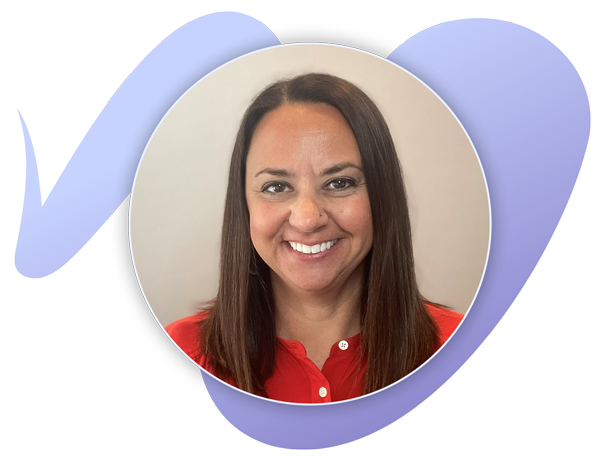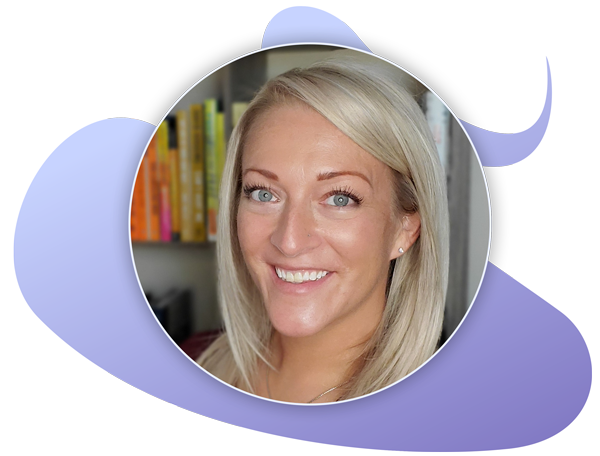Customer Success Manager Kristy and the Baltimore City School District (BCSD)
Communicative Partnerships
“Regular communication is the key to partner success,” said Kristy. “You already have a professional connection from working together. Meeting in person to make a personal connection, and talk about kids and grandkids, is so important.”

Kristy M.
Customer Success Manager, Imagine Learning
Michael from BCSD agreed: “I think you have to like people to want to work with them. The Imagine Learning team we work with shows us that they’re humans. It’s not robotic.”
Trusting Partnerships
“Partnership is exemplified in the relationship with Imagine Learning,” said Kerry from BCSD. “When we reach out, they’re responsive; communication is so key in this partnership. It shouldn’t feel like the partner is dominating and selling, but rather listening to us and coming up with solutions together.”
“The give-and-take is what makes this partnership unique,” said Kristy. “They’re a very data-driven district. The school has a long game, and this partner trusts the data. This is a factor that differentiates this partner from others: they trust you and they trust the numbers. They count on me to be correct.”
For an education partnership to work, customers can’t just trust the people with whom they work — they must also trust the product. Kerry from BCSD said, “We also see how much time and thought goes into creating the product. We can tell it’s not been thrown together quickly. We’ve never been able to see that with another group that we’ve worked with.”
Aligned Partnerships
“We looked for alignment in a partnership,” said Kerry from BCSD. “We needed a partnership aligned to our district initiatives, as well as easy-to-access and with implementation support. Working with a partner, we’ve been able to build and grow.”
One BCSD customer was shocked to hear that Kristy had other districts for customers because she’s so responsive and focused on their needs. She laughed, “It’s really flattering that they thought I worked only for them! But I have 70 other customers, too.” Michael from BCSD added, “Every day I’m emailing Kristy, saying, ‘Help!’”
Kristy vows, “I will get to know you, your goals, and your implementation. There are lots of options out there. I want them to feel like they have this valuable tool because someone is part of their team.”
When asked to describe the partnership with Imagine Learning in one word, Kerry from BCSD joked, “One word? We’re math people,” but quickly added, “Supportive.”
Colleague Michael added, “Considered.”

